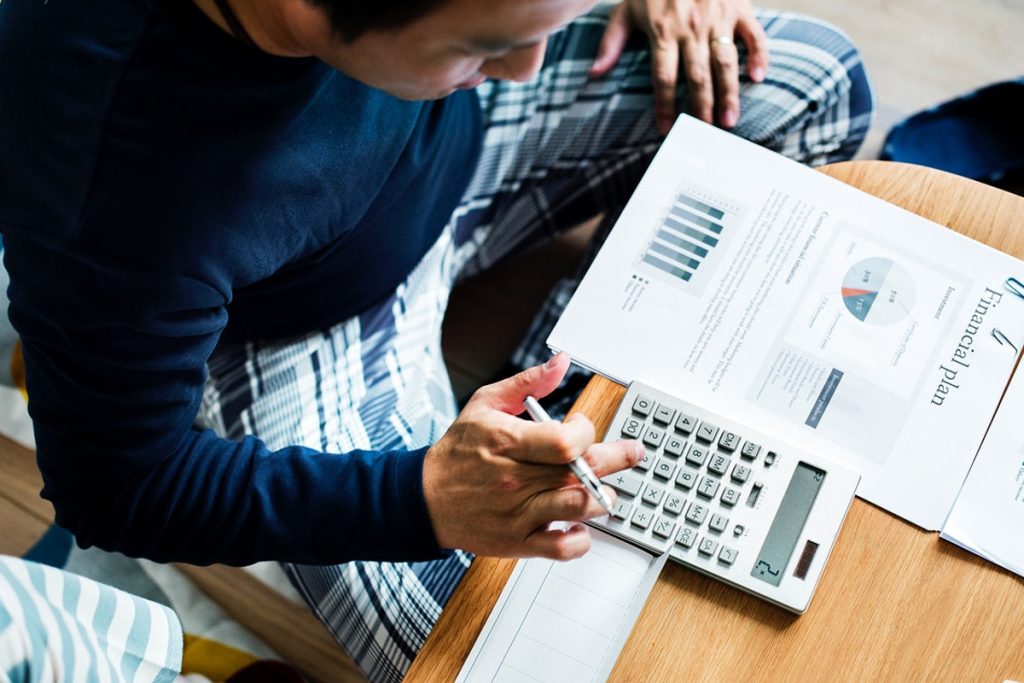Upfront costs of buying a home or apartment

Buying a house or apartment in the Northern Rivers and Tweed region can be an exciting time. It also can be stressful, with many hidden costs associated with the process.
Conveyancing and legal fees, transfer fees, mortgage insurance, council rates, and building and pest inspection are just a few of the associated costs of buying a house or apartment. Many first-time buyers are unaware of these hidden costs. That is why working with a buyer’s agent is a smart idea.
Buyer’s agents are nuanced in every aspect related to buying a home or investment property, hence their title. They strictly represent the buyer’s interests in a real estate transaction, unlike listing agents, who have a fiduciary duty to home sellers.
One of the biggest benefits of working with a buyer’s agent is they are well-versed in all of the upfront and ongoing costs of owning a property.
Depending on where the home or apartment is located, buyers can expect the final price tag to include a few of these extra upfront costs.
1. Stamp duty
Stamp duty, also known as transfer duty, is a tax levied on single-property purchases. It is the fee state governments charge to transfer land ownership from one person to another. First-time home buyers often qualify for stamp duty concessions, so they need not worry about this hidden cost.

2. Conveyance and legal fees
Engaging a conveyancer or solicitor to prepare documents for the purchase is not required, but highly recommended. The average cost for these services is between $1,500 and $1,800.
3. Property and pest inspections
Property and pest inspections are not required as part of the buying process but are encouraged. Damage from pests like termites can create expensive headaches later. The cost for both types of inspection averages between $400 and $500.
4. Property valuations
Before you commit to a final purchase price, it is worth considering a property valuation. Real estate valuation experts will collect data and offer an opinion on the value of the property to ensure buyers are not overpaying. A property valuation can cost between $100 and $600.
5. Insurance
Some mortgage lenders will not approve financing without proof of insurance for your new house or apartment. Buyers who purchase property as part of an apartment complex or other conjoined property design may require additional liability insurance. Cost is dependent on the insurance carrier.
6. Financing fees
Buyers who are taking out a home loan can expect a loan application fee. The estimated cost is between $500 and $1,000 depending on the lender and the amount financed. Some lenders may waive the fee upon request.
7. Title transfer
This is a state/territory government fee for transferring the property title from the seller to the buyer. Fees vary, but you can check for specific details on the websites of the revenue offices in the state/territory where the property is being purchased.
8. Mortgage insurance
Mortgage insurance is another hidden fee. Buyers without the recommended 20 per cent down payment can expect to be subject to lenders’ mortgage insurance. Fees are calculated on a sliding scale. As a general rule, the smaller your deposit, the more you can expect to pay in mortgage insurance. While it may be a pain, it helps make homeownership possible for everyone.

Calculating costs
These upfront costs can easily tally around 7 per cent of the property price. A property that sells for $450,000 can potentially include $31,000 in additional fees. Using a calculator designed to estimate fees when buying a house can help provide insight into extra costs. Working with a buyer’s agent can help prepare you for the total costs associated so there are no surprises at closing.
Do you have additional questions about all the hidden costs of buying a home or apartment? Reach out today to speak with one of our buyer’s agents.





